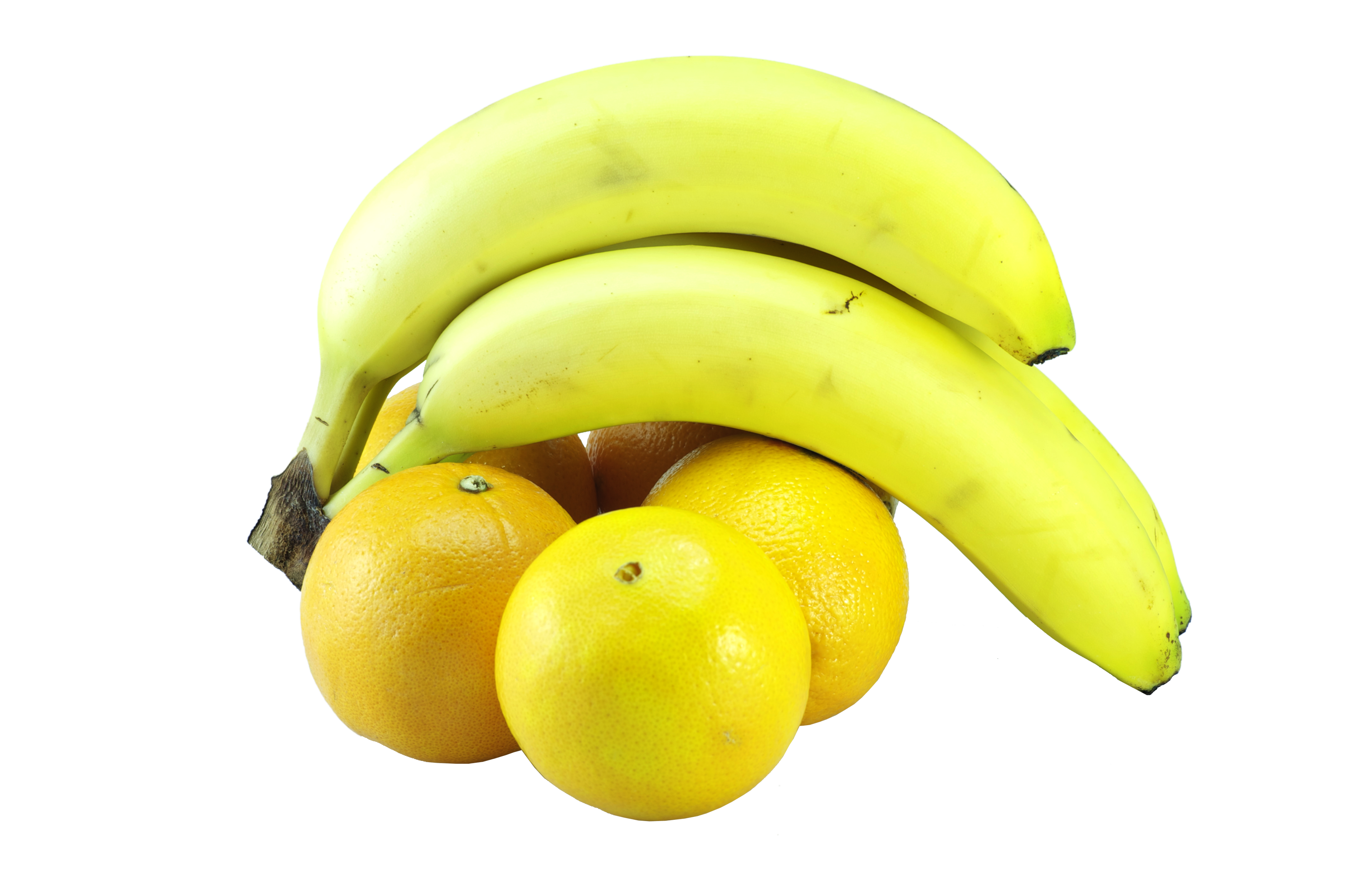Prebiotics May Help With Sleep and Stress Levels
For most people sleep and stress are linked. Stress makes it tough to get a good night’s sleep.
If sleep problems persist they can become a regular pattern and lack of good, deep, restful sleep can cause a host of other health issues.
To add insult to injury, lack of sleep can add to the stress that started the sleep problem. In fact, if your lack of sleep is from a different cause than stress you will soon be stressed if you can’t get enough sleep.
If this sounds familiar, there is encouraging news from a recent study showing that gut health and particularly getting enough prebiotics can significantly improve sleep and stress.
The bacteria living in your gut do more than help your body digest and metabolize the food you eat. A myriad of research studies demonstrate these bacteria are integral to your health and well-being, and may positively influence the activity of hundreds of your genes and your immune system.
When you add friendly bacteria to your intestinal tract they are called probiotics. Another way of impacting the friendly bacteria in your gut is to provide them with the nutrients they need to multiply. These nutrients are called prebiotics.
Prebiotics are found primarily in fiber-rich foods. Friendly bacteria thrive on indigestible fiber. Inulin is one type of water-soluble fiber found in onions, garlic, leeks and asparagus that help nourish the beneficial bacteria in your gut.
Now researchers have found dietary prebiotics have a significant effect on rapid-eye-movement (REM) and non-rapid-eye-movement (NREM) sleep cycles, which may positively affect your sleep quality…
…Prebiotics May Improve a Depleted Gut
While fiber is an excellent prebiotic for friendly bacteria, sugar and carbohydrates are the nutrients your unfriendly bacteria use to grow and multiply. If you eat a typical Western diet, high in processed foods and refined carbohydrates, your gut microbiome may not have enough beneficial bacteria to keep you healthy…
…Get Prebiotics Daily
As the benefits of prebiotics are becoming better known, food manufacturers are climbing on the bandwagon, advertising the benefits of fiber in their products.
However, as with most dietary choices, the best prebiotic fiber is found in raw, whole foods, since most manufactured foods also contain some form of sugar, which feeds your unfriendly bacteria.
It is not always possible to eat enough foods rich in prebiotic fiber to nourish your beneficial bacteria. If you’re looking for a healthy way to supplement your fiber intake, organic whole husk psyllium is a simple, cost-effective way to do it.
Taking it three times a day could add as much as 18 grams of dietary fiber (soluble and insoluble) to your diet, which brings you quite close to the recommended minimum of 50 grams per 1,000 calories consumed when added to a healthy, veggie-rich diet. – Mercola
How Did The Study Work?
Take a look at this discussion of the recent study about prebiotics.
For the study, the researchers fed 3-week-old male rats a diet of either standard chow or chow that included prebiotics. They then monitored the rats’ body temperature, gut bacteria and sleep-wake cycles — using EEG, or brain activity testing — over time.
They found that the rats on the prebiotic diet spent more time in non-rapid-eye-movement (NREM) sleep, which is restful and restorative, than those on the non-prebiotic diet.
“Given that sufficient NREM sleep and proper nutrition can impact brain development and function and that sleep problems are common in early life, it is possible that a diet rich in prebiotics started in early life could help improve sleep, support the gut microbiota and promote optimal brain/psychological health,” the authors wrote.
After being exposed to a stressor, the rats on the prebiotic diet also spent more time in rapid-eye-movement (REM) sleep. REM sleep is believed to be critical for promoting recovery from stress, with research showing that those who get more REM sleep post-trauma are less likely to suffer from post-traumatic stress disorder.
Stress has previously been shown to reduce healthy diversity of gut bacteria and to lead to a temporary flattening of natural fluctuations in body temperature.
But rats on the prebiotic diet were buffered from these impacts, maintaining a healthy and diverse gut microbiota and normal temperature fluctuations even after stress exposure.
Do you get prebiotics in your diet?
